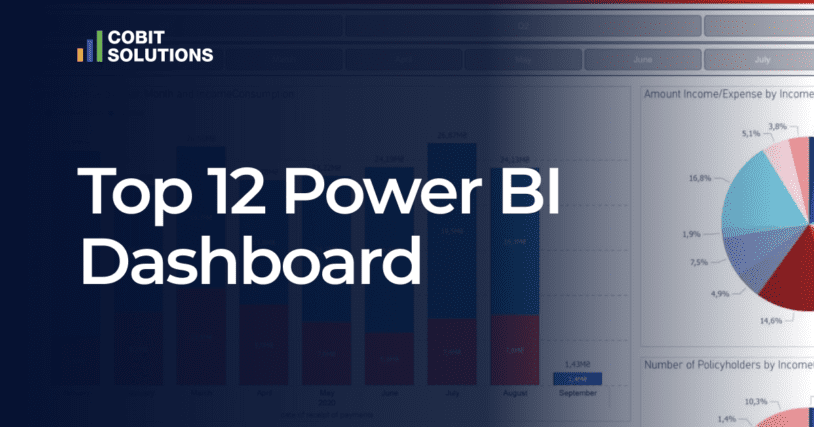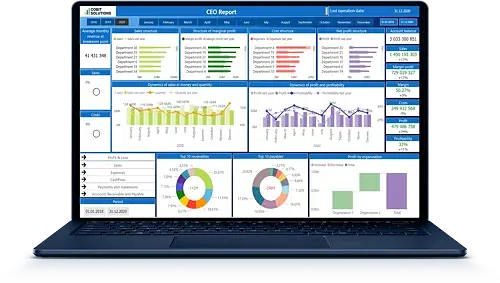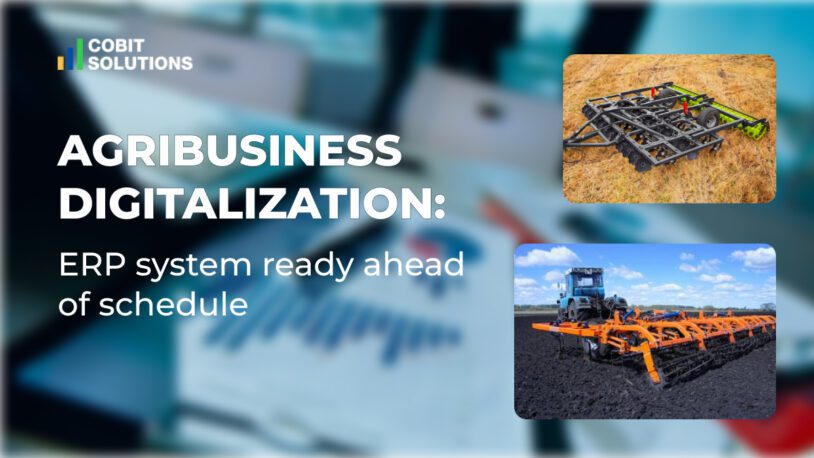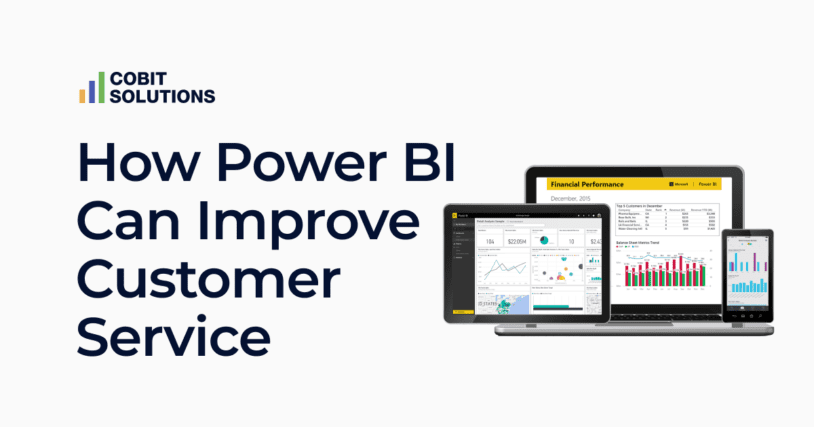
ERP Integration Service for Growing Enterprises
ERP integration brings together data, systems, and teams into a single structure, ensuring operations are manageable during rapid business growth.
Key information is stored in one place and accessible to all decision-makers.
Core business areas — accounting, warehouse, procurement, CRM — are unified in one ERP system.
The system flexibly adapts to business growth, you get more customers, can consider new directions or expand team.
for business intelligence succesfull implementation

By providing your phone number, you agree to receive SMS notifications. Your data will be processed in compliance with applicable privacy laws. For more information, please review our Privacy Policy. You may opt out at any time.
4 Key Benefits of Integrating Your ERP Systems
When an ERP system is combined with other services, a business grows faster and without unnecessary costs. How does it work? ERP integration solutions provide automatic data exchange between departments. Information about orders, financial transactions, or inventory balances is immediately transferred to the appropriate modules. This reduces errors, speeds up the processing of information by the responsible departments, and generates comprehensive analytics for management.
Centralized Data Management
Without ERP integration, data on goods, orders, and payments are stored in different systems: warehouse accounting is kept separately from accounting, CRM, or sales. Centralized data management provides one-stop access to up-to-date information in real time. For example, inventory balances, financial transactions, order statuses, or customer analytics are synchronized automatically. This way, data integration in ERP reduces the risk of errors, eliminates duplication of information, and simplifies control over key processes.
Streamlined Operations and Automated Workflows
ERP integration services system with other platforms — CRM, accounting, e-commerce, logistics services — allow you to build a complete workflow without manual data duplication. As a result, the client receives a well-configured integrated ERP framework, where all actions are reduced to fixed scenarios: for example, an order from an online store is automatically registered in ERP, an invoice is immediately generated, warehouse balances are updated, and employees begin to ship goods to customers.
All these actions can be configured through APIs, off-the-shelf connectors, middleware solutions, or a specialized ERP integration web service, depending on your IT infrastructure.
Enhanced Collaboration Across Departments
The system unites the work of sales, accounting, warehouse, and management in a single information field. Thanks to integration with ERP, all changes are recorded automatically. As a result, each department sees up-to-date data in real time, such as order status updates, changes in balances, shipments, or payments. For analytics, the company can use the integration of ERP and BI data for sales to receive reports and forecasts on order volume, revenue, and profit dynamics without additional manual data collection.
Improved Customer Experience and Data Insights
To provide quality customer service, it is crucial to receive timely information about orders, payments, delivery status, and product balances. With an integrated ERP solution, managers have access to accurate data. Order statuses in CRM or customer accounts are updated in a timely manner. ERP data integration with BI systems is used to generate reports and forecasts. As a result, management receives a complete picture of the processes without the intervention of employees in collecting information manually.

Our ERP Integration Services
Integrating an ERP system requires fine-tuning, a deep understanding of business processes, and technical competence. We offer solutions that take into account the specifics of the company, the type of software, the number of platforms involved, and data security requirements. As a result, integration with ERP is seamless and fully compliant with your business scenarios.
Custom ERP Integrations
- We analyze your business processes and IT infrastructure to determine whether you need to cloud integration ERP or an on-premises system.
- We design a scheme for data exchange between ERP and other services, taking into account the specifics of the company.
- We set up integration via API, middleware or specialized solutions, launch and test the system.
Third-Party System Integrations
- We set up the ERP and BI data integration for sales so that data from CRM, e-commerce platforms, payment systems, and marketplaces automatically gets into ERP.
- We create a stable exchange of information between the systems: orders, payments, analytical reports are processed without delays and duplications.
- We connect services through APIs, webhooks, or ready-made connectors, depending on your tasks and technical capabilities.
Legacy System Integration
- We study the capabilities of old programs to find a way to connect to ERP without replacing the main software.
- If the API is missing or the functionality is limited, we find a solution through file sharing, databases, middleware, or special converters. We connect an ERP integration web service, if possible.
- We test the transfer of information: orders, payments, and balances should be updated without failures.
Real-Time Data Synchronization
- We customize systems so that all changes in ERP, CRM, financial programs, or e-commerce are reflected immediately without delay.
- We provide cloud integration ERP to exchange information between offices, warehouses, stores, or online services in different locations.
- We select solutions depending on the tasks: regular scheduled synchronization or full real-time data transfer.
- We check the stability of the systems: we exclude duplication, failures, loss, or delay of important information.
Data Migration
- We transfer information from one ERP system to another, preserving the structure of orders, balances, financial transactions, and customer base.
- We use ready-made ERP integration solutions to automate the transfer of large amounts of data without manual processing.
- We check the integrity and correctness of all information after the transfer is completed to ensure that there are no duplications, distortions, missing critical data, or discrepancies in financial indicators.
Challenges Resolved by ERP Integration
Elimination of Data Silos
Reduction in Manual Errors
Compatibility Between Disparate Systems
Scalability for Growing Business Needs
For the integration to work stably and really improve business processes, it is important to take into account the specifics of the company, the type of ERP, the features of CRM, accounting programs, and warehouse systems. That's why we offer a full cycle of the integration ERP — from initial analysis to post-launch support.

Analysis & Consultation
At this stage, we study the business structure: which systems are used, what is critical for accounting, how data is exchanged, which processes need automation, and whether cloud ERP integration is significant. We analyze which processes are duplicated, where information loss or errors can potentially occur. We formulate recommendations and provide advice on the best ERP integration solution.
Solution Design
Then we create an individual integration scheme, taking into account what data needs to be synchronized, in what mode, and between which systems. We choose the tools: API, middleware, or web services. We prepare technical documentation and agree on key stages with the client.
Implementation
What is important to consider at this stage? We understand that any system should work without failures and without stopping business processes. Therefore, the implementation is carried out in stages: each integration module — finance, CRM, warehouse — is aligned with the real logic of the company's work. We set up all the connections without interfering with critical operations so that the launch does not cause conflicts or stoppages.
Testing & Quality Assurance
At this stage, we check the correctness of the integration in real-life scenarios: from order processing to synchronizing financial data. Testing takes place in a controlled environment. Special attention is paid to the stability of API connections, data compliance, and performance to ensure that your business operates smoothly and without unpleasant surprises.
Support & Maintenance
After implementation, we do not leave the client. To ensure that the system continues to work under control, we include technical support, monitoring and updating of integration schemes in our ERP integration services. This is especially important when the company changes processes or adds new systems. In this case, we can set up additional data exchange scenarios and adapt existing solutions.


3 Reasons to Choose Us for ERP Integration Services
Proven Track Record in ERP Implementations
Expertise in Leading ERP Platforms
Scalable and Future-Ready Solutions
ERP Integration Service Case Studies
ERP Integration Service FAQ
What is ERP integration?
When your business starts growing rapidly, and it becomes difficult to control it, you should consider an ERP integration solution. This is a way to combine all key processes into a single system: orders, finance, warehouse balances, and analytics. Instead of keeping records in different programs and manually transferring data, the company works through a single control center.
What Technologies Do We Use?
For ERP integration, we select solutions depending on the technical requirements and capabilities of a particular company, for example:
- API connections and webhooks — for real-time data exchange between ERP, CRM, e-commerce platforms, etc.
- Middleware solutions for connecting several systems with different data formats.
- ERP integration web service — for working with typically repeated scenarios, such as e-commerce orders, warehouse balances, and accounting data.
- File exchange, work with databases — if the systems do not support modern APIs, we set up exchange via CSV, XML, or SQL solutions.
- Cloud ERP integration — to access data from anywhere and connect remote offices or warehouses.
How does ERP integration benefit small and medium-sized enterprises (SMEs)?
When a company moves to a unified management system, business processes become consistent and understandable. That’s because our ERP integration services allow you to combine the work of different departments: sales, finance, logistics, and analytics. As a result, all orders, payments, inventory balances, and reports are collected in one system. The manager gets a complete picture, and the team works with up-to-date data.
What kind of testing is done to ensure the integration works seamlessly?
We test all the scenarios that are important for business: placing orders, updating balances, financial transactions. We check performance under load and in cases of possible errors to ensure that the system remains stable.
Which ERP platforms do you support for integration?
We support SAP, Microsoft Dynamics, Odoo, NetSuite, 1C, as well as less popular local solutions. We select the optimal integration format: via API, middleware, or cloud ERP integration, depending on the tasks and technical capabilities.
Can you integrate multiple third-party systems with my ERP?
Yes, we simultaneously connect CRM, accounting, online stores, logistics and analytical services. All data is synchronized automatically, without loss or duplication.
















